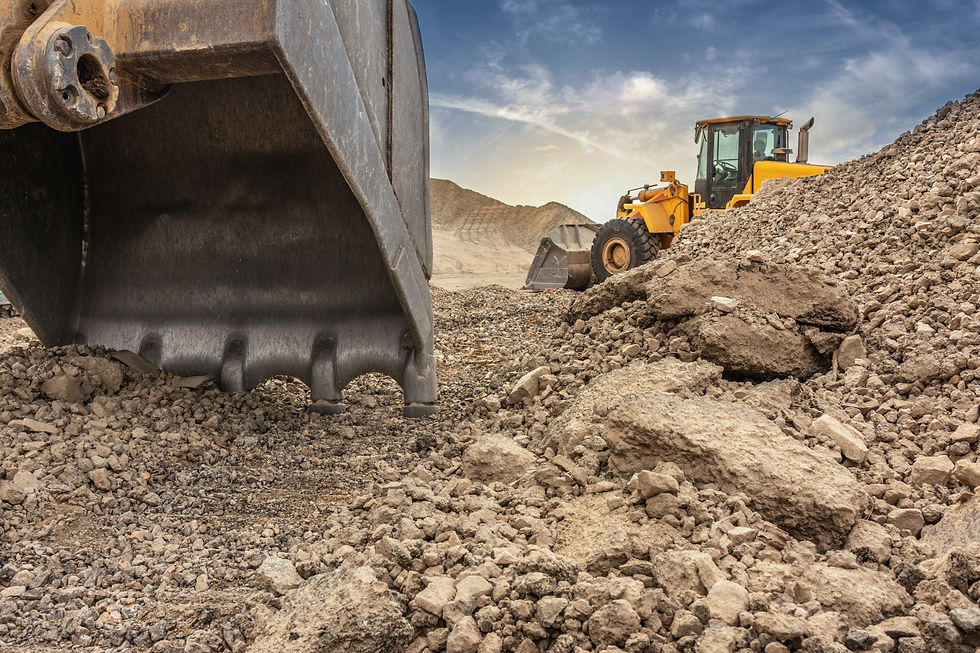Meeting Your Concrete Needs with Texas Elite Concrete & Construction
- texaseliteconcrete5
- Jul 16, 2025
- 4 min read
Concrete is an essential part of many construction projects, offering durability and versatility. Understanding your concrete needs can lead to smarter decisions for your home improvement projects in North Texas. Whether you're planning a new driveway, patio, or foundation, having the right information is crucial. In this blog post, we will answer frequently asked questions (FAQs) from customers in the North Texas area, drawing from our extensive experience at Texas Elite Concrete & Construction. Our goal is to equip you with practical insights to make your concrete journey smoother.

What Are the Different Types of Concrete?
When embarking on construction projects, knowing the various types of concrete available is vital. Each type serves distinct purposes, helping you select the right one for your needs.
Ready-Mix Concrete: This is pre-mixed concrete delivered to your site. It's perfect for large projects, saving time while promising consistent quality. For instance, when building a standard two-car driveway, using ready-mix concrete could save you hours of labor.
Stamped Concrete: Renowned for its visual appeal, stamped concrete mimics materials like brick or tile. It is especially popular for patios, transforming ordinary outdoor spaces into inviting areas for gatherings. For example, many homeowners opt for a stone pattern, giving the look of natural stone at a fraction of the cost.
High-Strength Concrete: Designed for heavy-load structures, this type is ideal for commercial buildings or bridges. It usually has a compressive strength of over 6,000 psi (pounds per square inch), ensuring safety in high-stress environments.
Self-Leveling Concrete: This type is used primarily indoors to create smooth, flat surfaces automatically. It's particularly beneficial for basements or damaged floors requiring a level foundation.
Fiber-Reinforced Concrete: Embedded fibers enhance durability and crack resistance, making it a great choice for industrial applications. For example, factories often use fiber-reinforced concrete to withstand heavy machinery and foot traffic without damage.
Knowing these types helps you choose the appropriate concrete for your project.
How Long Does Concrete Take to Cure?
Curing is essential for concrete to reach its maximum strength. Usually, the initial curing period is around 7 days, during which concrete gains most of its strength.
In North Texas, where weather varies, local conditions can speed up or slow down this process. For example, days over 90°F can lead to quicker evaporation, while rain could extend curing time.
To help the curing process, ensure your concrete remains moist and shaded. This practice prevents cracking and enhances its longevity. Understanding your curing timeline is key to planning your project efficiently.
How Do I Maintain My Concrete?
Maintenance is essential for preserving concrete and avoiding costly repairs later on. Here are steps you can take:
Regular Cleaning: Sweep or pressure wash your concrete regularly to eliminate dirt and debris. For tough stains, use a mixture of soap and water to clean without damaging the surface.
Repair Cracks: Address any cracks immediately. Filling these gaps before they grow can save you from needing more extensive and expensive repairs later.
Avoid Chemicals: In winter, refrain from using salt or other de-icers, as they can harm concrete. Instead, consider using sand for added traction on icy surfaces.
Incorporating these maintenance practices will help your concrete surfaces remain in great condition for years to come.
What Are Common Uses for Residential Concrete?
Concrete's versatility allows it to be used in numerous residential applications. Common uses include:
Driveways: With their ability to support heavy vehicles and adapt to changing weather, concrete driveways are durable and cost-effective. Over 75% of homeowners prefer concrete over asphalt for its longevity.
Patios: Stamped or stained concrete patios create elegant outdoor spaces for family gatherings and relaxation.
Foundations: Concrete foundations give homes stability and strength, an essential consideration in North Texas due to soil conditions.
Walkways: Concrete walkways serve both practical and aesthetic needs by providing pathways through gardens and yards.
Retaining Walls: These walls manage slope stabilization and drainage issues, making them a crucial component in landscapes.
Understanding these applications will empower homeowners to make informed project choices.
How Can I Choose the Right Contractor?
Choosing the right contractor is critical for a successful project. Here are some helpful tips:
Check Licenses and Insurance: Confirm that the contractor is licensed and insured to protect yourself in case of accidents.
Experience: Look for professionals who specialize in concrete work. Request testimonials or samples of past projects to gauge their capabilities.
Get Multiple Quotes: Don't settle for the first estimate. Gathering several quotes enables you to compare pricing and services.
Following these steps can lead you to a contractor who aligns with your needs and budget.
Final Thoughts
Navigating the world of concrete may seem overwhelming for many North Texas residents, but understanding the fundamentals can simplify the process. Key factors like concrete types, curing times, and maintenance practices provide clarity for your projects.
We hope this FAQ section has helped answer your questions. Texas Elite Concrete & Construction is dedicated to delivering quality service and expert guidance for all your concrete needs throughout North Texas. Whatever your project may entail, feel free to reach out for assistance. We are here to help you bring your vision to life.






Comments